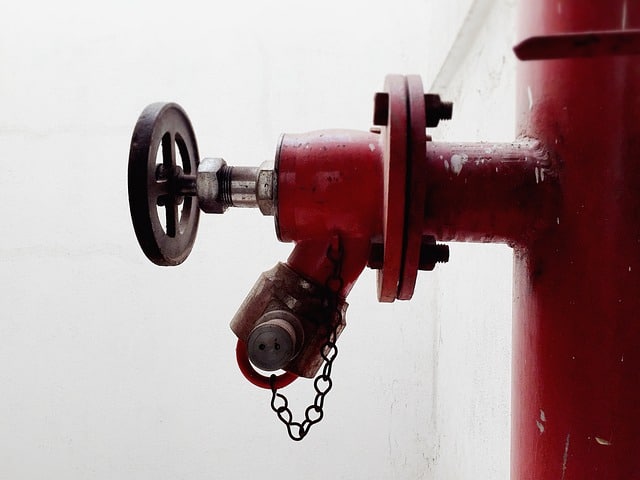Business properties are not always protected from fire. Unlike a house, no one spends their nights there so there is a less pressing need to focus on the potential dangers that might occur. A domestic property may have a sufficient number of smoke alarms and fireproof considerations, and while building regulations stipulate commercial properties must adhere to certain standards, there is no real emotional investment comparatively.
Contents
Find the Cause
The first thing to do is find the cause of the fire, which the fire department will likely help you with. This is an important step in ascertaining the liable party for insurance purposes. Every fire is different and there are lots of reasons why one might start, so knowing the origin serves a significant purpose.
Inform the Landlord
If you don’t own the building, the landlord must be informed. They may have their own policies in place to deal with such an event that need to be aligned with your choice of actions. Landlords have a responsibility and may even be a liable party if the fire was caused by electrical faults or similar. While this is not a blame game, it is vital that all responsible parties have a seat at the table, so to speak.
Make Contact With Your Insurance
After the initial shock wears off, it is time to contact your insurance company. They will want this to happen more or less immediately after the fire takes place, so don’t waste time, or else you risk losing your entire claim to a technicality. Insurance companies will require proof, which is discussed in the next step. Aside from what you send to them, they will always send out their assessor to corroborate information and verify the claim details. This stage is the difference between having your assets covered financially and having to start from scratch while risking going under, so it must be done correctly.
Document Everything
For insurance purposes and beyond, it is recommended to document everything. While this process may evoke emotions, now is the time to stay strong and get the job done. If it is too painful, understandably, ask a reliable and trusted source to do it on your behalf. Take pictures of all damaged items and features like walls, furniture, equipment, etc. This is useful for when the time comes to cross reference your inventory. If you do not own the building, the landlord may wish to be involved at this stage. Top tips for documentation include,
- Taking decent quality pictures to provide visual aids to insurers and other invested parties.
- Typing up documentation and detailed reports to maintain a comprehensive record of what has been lost and what needs recovering.
- Enlisting outside helps as a fresh pair of eyes and an objective outsider viewpoint.
Secure Your Remaining Assets
After all the practical stages are complete in the first few days, it is time to assess the damage. There are expert companies who look at the fire and smoke damage for you to provide an insightful report on how to move forward, whether or not there is structural damage to consider, and where the most pressing repairs are required. There may be some assets that are recoverable, but the untrained eye will never be able to tell. Sometimes, other objects may have to be written off but things are things at the end of the day. Making the building safe is the top priority so that the company can restart its operations as soon as possible.
Practice Patience
Unfortunately, when a fire occurs, it may leave an overwhelming amount of harm in its wake. The process of rebuilding and recovery takes time and will require an unmitigated amount of patience that you may never have had to reach for in your life up until this point. Make sure you look after yourself throughout the whole ordeal. Take time to recoup and regroup because if your mental health reaches a low point it can impact the road to moving forward. Many businesses are people’s whole livelihoods and there are usually other workers involved and affected too. Make it a collaborative team approach and stay connected with the people who have shared the experience by your side.
Find Temporary Accommodation
Thankfully, remote working is very accessible in modern times. If the day comes when a building is out of action because of a fire or otherwise, there are options to keep the team together. Business doesn’t have to stop for lack of a physical building to carry out operations. For retail stores, this is a different story but there are policies in place to support workers nevertheless.
Conclusion
A fire in a place of business is an emotive event. Fire is never without consequences and the destruction it may leave is often untenable. However, there are practical solutions and multiple ways to move through the process to find a resolution. It will take time and resilience, but it can be done.
